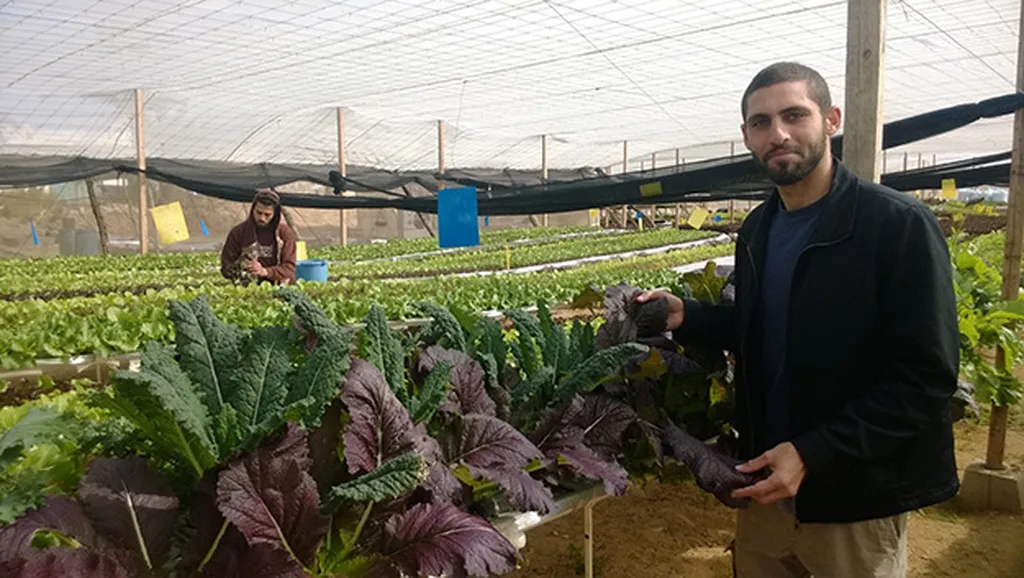In a world grappling with population growth, water scarcity, and climate change, innovative agricultural solutions are not just welcome—they’re essential. A recent study published in *Scientific Reports* offers a compelling case for smart, sustainable aquaponics systems, demonstrating their potential to revolutionize food production and create entrepreneurial opportunities, particularly in developing nations. The research, led by Ashraf M. A.-S. Goda of the National Institute of Oceanography and Fisheries (NIOF), provides a detailed comparative analysis of conventional versus smart sustainable integrated multi-trophic aquaponics systems, highlighting their economic viability and environmental benefits.
Aquaponics, the integration of aquatic animals and horticultural crops, is gaining traction as a sustainable solution for optimizing nutrient and water reuse. Goda’s study evaluates the economic feasibility of a small-scale, solar-powered Integrated Multi-Trophic Aquaculture (IMTA)-aquaponic system, comparing biomass yields of aquatic species and various vegetable crops between smart hydroponic, traditional hydroponic, and soil-based systems. The findings are promising, with IMTA-aquaponics emerging as a highly profitable and sustainable alternative to conventional farming methods.
The study delves into the installation and operational costs of these systems, as well as financial metrics such as net income, return on equity, and operating ratio. Notably, the research incorporates AI-enhanced IMTA-aquaponics, evaluating the additional expenses of solar power and smart monitoring against traditional methods. The results underscore the economic viability of smart IMTA-aquaponics in Egypt, with faster break-even points and greater market shock resilience compared to conventional farming.
“IMTA-aquaponics presents a sustainable solution to global challenges like population growth, water scarcity, and climate change,” Goda explains. “It offers youth in developing nations entrepreneurial opportunities, aligning crop cycles with high-demand, low-supply periods to maximize profitability.”
The study also includes a Life Cycle Assessment (LCA) to examine the environmental and social impacts of these systems within the Egyptian context. The findings highlight the potential of smart IMTA-aquaponics to shape future developments in the agriculture sector, offering a scalable, sustainable model that can be adapted to various climates and regions.
The research underscores the importance of strategic production planning, noting that climate-dependent productivity and price fluctuations can impact outcomes. However, the overall profitability and sustainability of smart IMTA-aquaponics make it a compelling option for farmers and entrepreneurs alike.
As the world seeks innovative solutions to feed a growing population sustainably, this study provides valuable insights into the potential of smart aquaponics systems. By integrating advanced technologies and sustainable practices, these systems offer a promising path forward for the agriculture sector, one that balances economic viability with environmental responsibility.
The study, published in *Scientific Reports*, was led by Ashraf M. A.-S. Goda of the National Institute of Oceanography and Fisheries (NIOF), offering a comprehensive analysis that could shape the future of sustainable agriculture.

